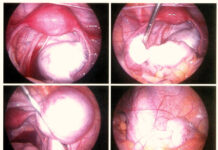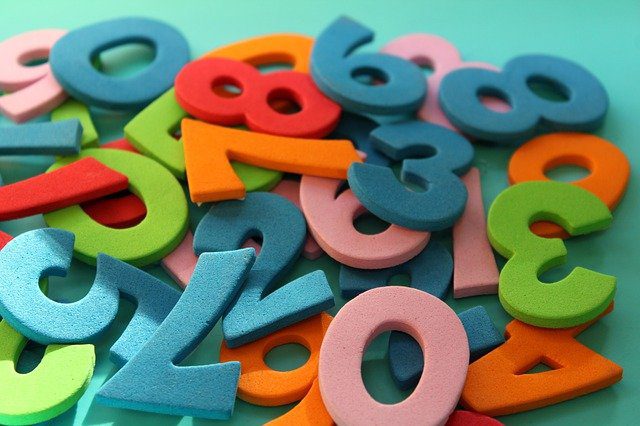Whole numbers are just a subset of the numerical system which combines every positive value spanning zero to infinity. Such figures can be found upon that numerical line. As a result, these are indeed real numbers. One may claim that while all whole numbers constitute real numbers, not every real number values are just a whole number value. As a result, we may categorize whole numerals as the variety of natural numerals plus zero. Integers are mostly the collection of whole numerals as well as natural values that are negative. As a result, integer values consist of positive as well as negative numbers, as well as zero. Natural numerals, whole numerals, integer values, as well as fractional numbers are the forms of numbers, whereas real numbers are just the collection of every one of them.
Whole numbers consist of those figures that do not contain any fractional numbers and thus are made up of positive numbers as well as zero. This is symbolized through the sign “W,” and the numerals are 0, 1, 2, 3, 4, 5, … and so on. The number 0, overall, indicates an empty quantity.
Properties of Whole Numbers
Whole number quantities are calculated with the following procedures including addition, subtraction, multiplication, as well as division. When 2 whole numerals are added or multiplied, the result is a whole amount. Differencing 2 whole numerals doesn’t always produce whole numerals, i.e. this could produce one integer as well. Furthermore, in certain circumstances, dividing 2 whole integers yields a fractional number.
- Closure Property
It may be capped by arithmetic as well as multiplicative operations, which means that if p and q are 2 whole quantities, then p*q / p + q is likewise a whole value.
- Commutative Property of Addition and Multiplication
Both sum & multiplication of 2 whole numerals are identical regardless of the sequence in which they are added or produced, i.e., if p as well as q are 2 whole numerals, therefore p + q = q + p and p* q = q* p.
- Additive Identity
If a whole numeral is added with zero, their quantity stays constant, i.e., given p is a whole numeral, p + 0 = 0 + p = p
- Multiplicative Identity
If the product of a whole numeral and one is found, their value stays constant, i.e., given p is that whole value, p*1 = p = 1*p
- Associative Property
If whole numerals are summed or produced as collective, it could be combined in whatsoever sequence, as well as the outcome, would still be the same; for example, suppose p, q, and r are whole values, thus p + (q + r) = (p + q) + r and p* (q*r)=(p*q)*r.
- Distributive Property
Given p, q, and r are all whole integers, then the distributive characteristic of multiplying across adding is p* (q + r) = (p*q) + (p*r), as well as the distributive characteristic of multiplying over subtracting is p* (q – r) = (p*q) – (p*r) (p*r)
- Multiplication by Zero
If you multiply a whole number by zero, then its outcome is always zero, i.e., p*0 = 0*p = 0.
- Division by Zero
Dividing a whole numeral by 0 is not defined; that is, given p is a whole numeral, p/0 is not defined.
Natural Numbers – Introduction and Definition
Natural numbers are just a subset of the numerical approach that combines all positive numbers from one to infinity that is used for numbering. This doesn’t comprise the number zero (0). In reality, the numerals 1,2,3,4,5,6,7,…. are often known as counting numerals.
Natural numerals are a subset of real values which contain solely positive numbers such as 1, 2, 3, 4, 5, … and exclude 0, fractional numbers, decimal numbers, as well as negative values.
Natural numerals, as defined inside the above section, represent positive numbers ranging between 1 to infinity(). Such digits may be counted and thus are commonly used in calculations. The symbol “N” represents the collection of natural numerals.
N = {1,2,3,4,5,6,7,8,9,10…….}
If you want to learn more about maths concepts in a fun and interactive session, visit Cuemath to book a free session.
Help keep news FREE for our readers
Supporting your local community newspaper/online news outlet is crucial now more than ever. If you believe in independent journalism, then consider making a valuable contribution by making a one-time or monthly donation. We operate in rural areas where providing unbiased news can be challenging. Read More About Supporting The West Wales Chronicle
























